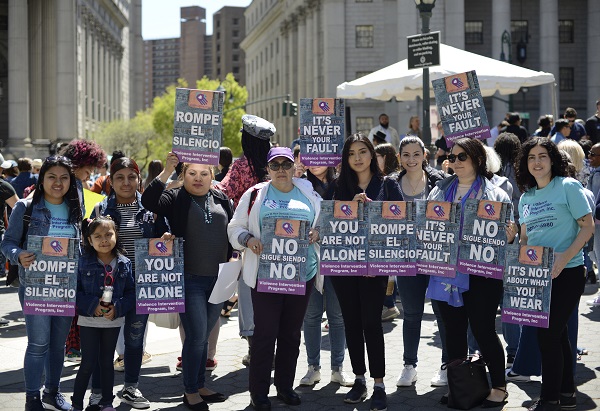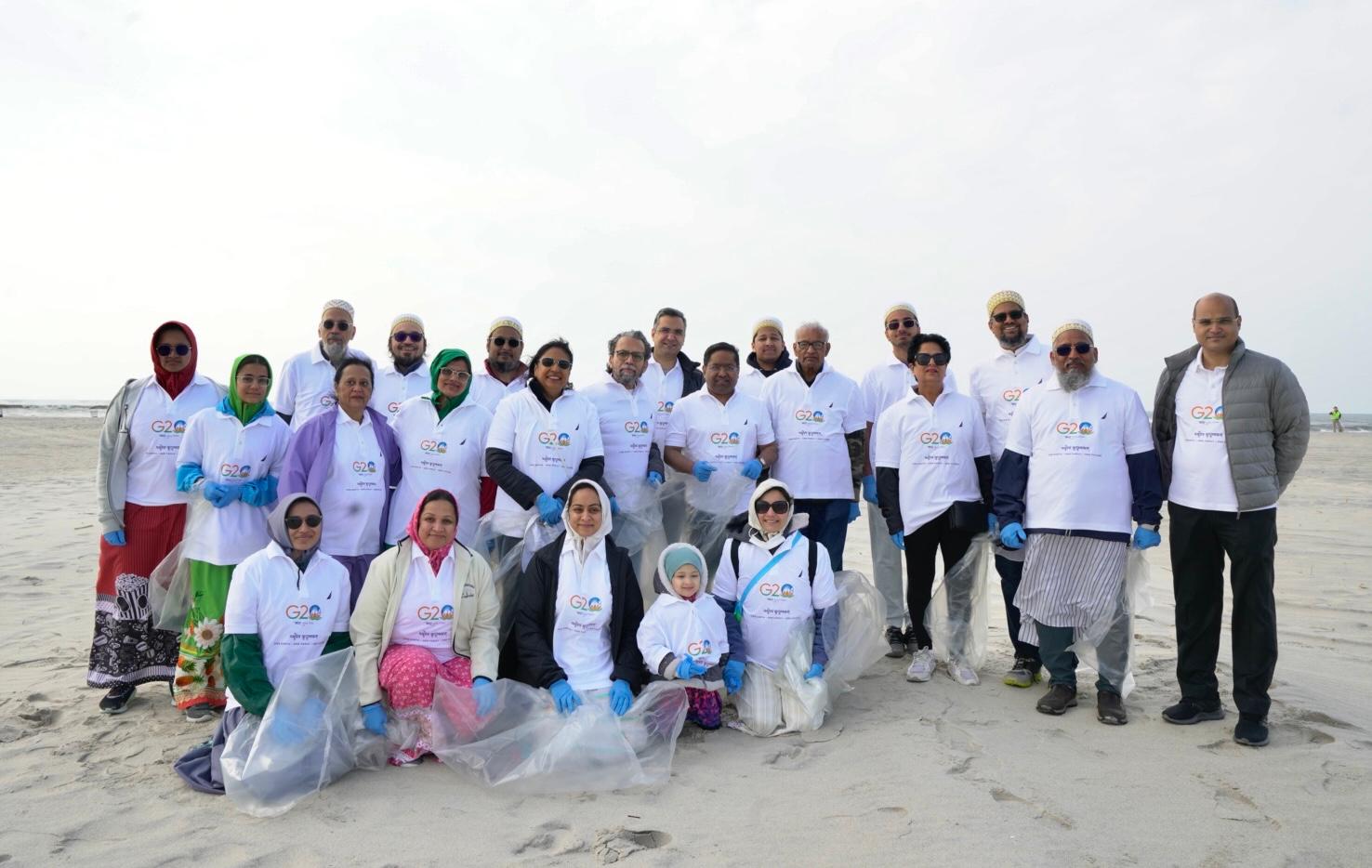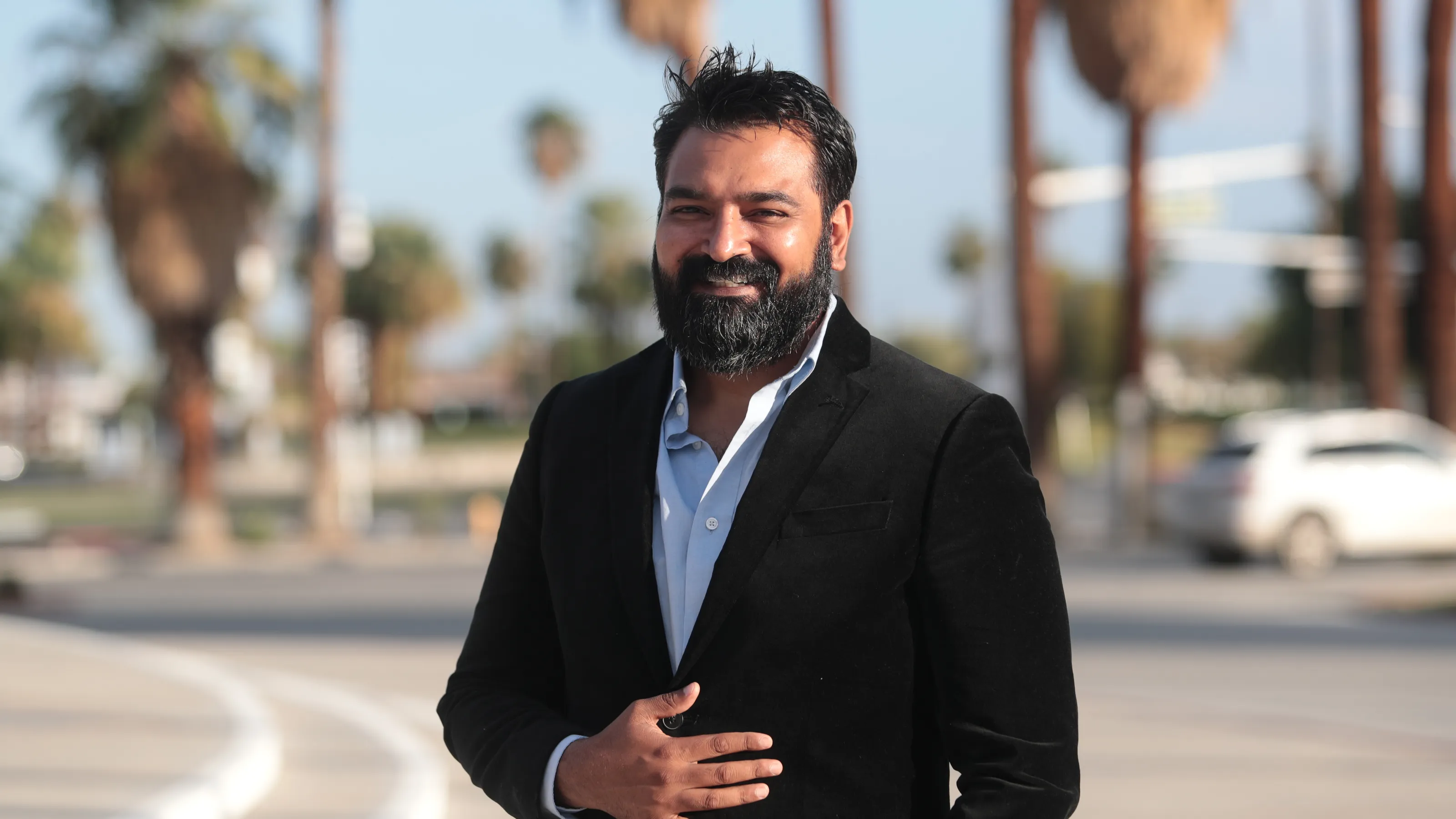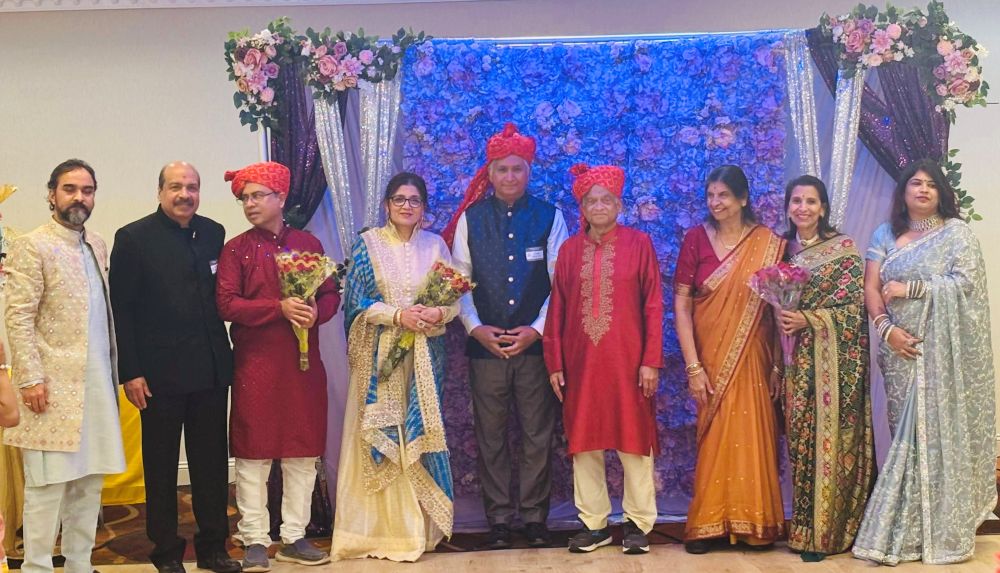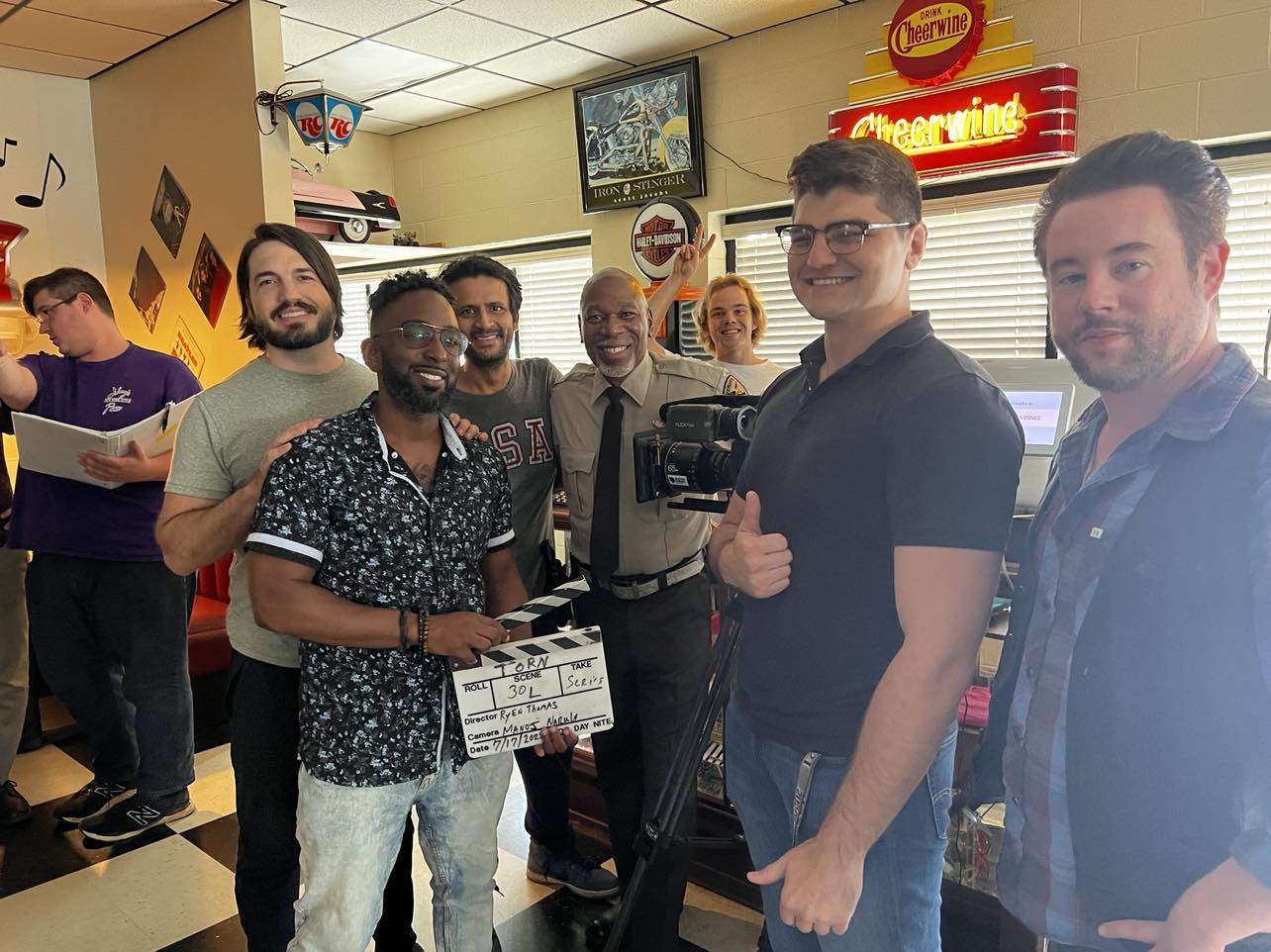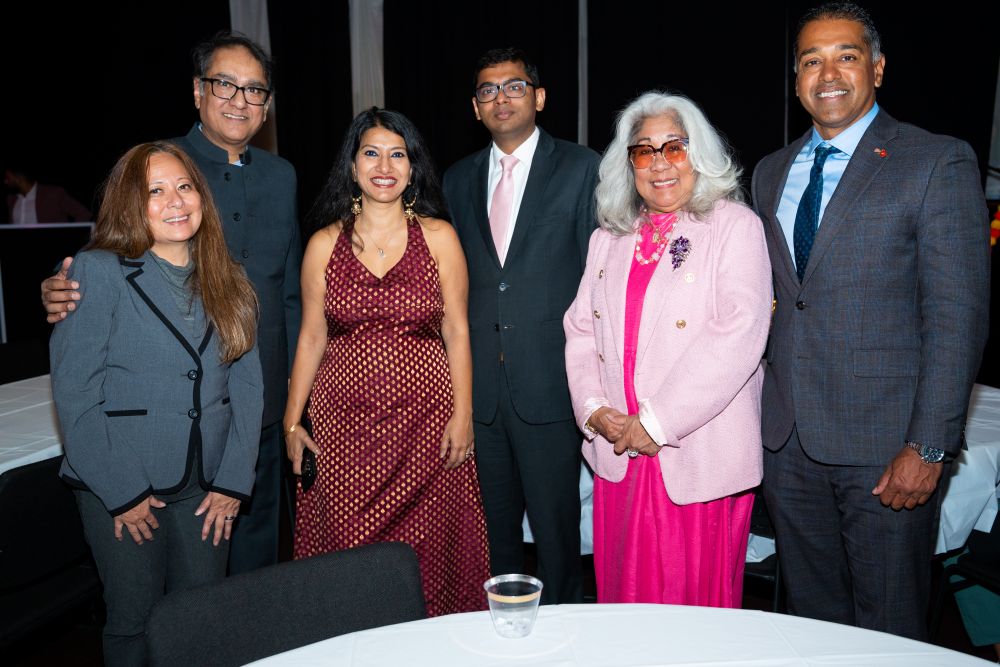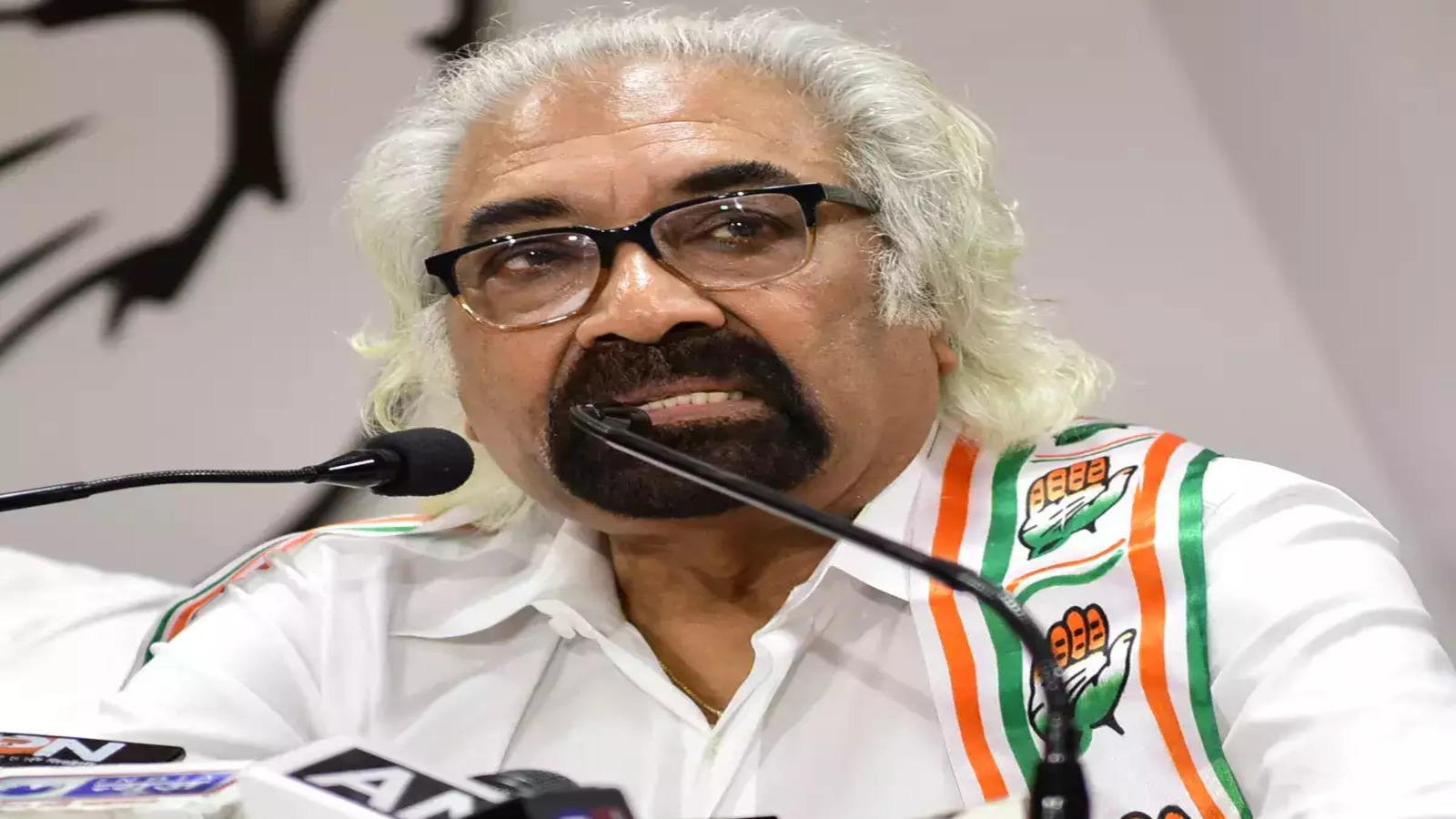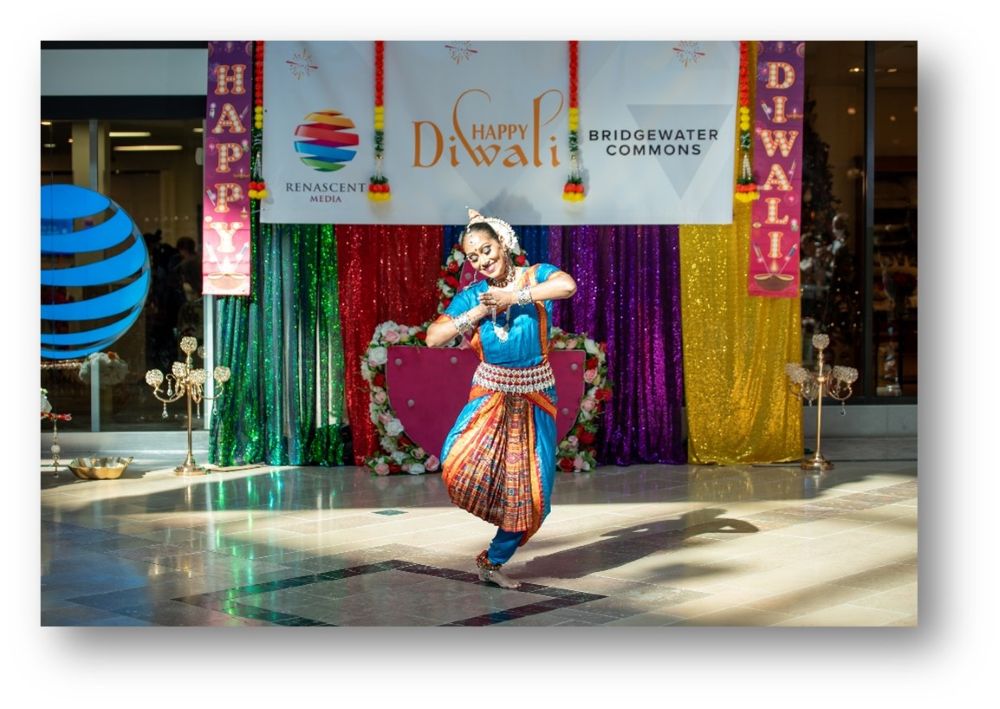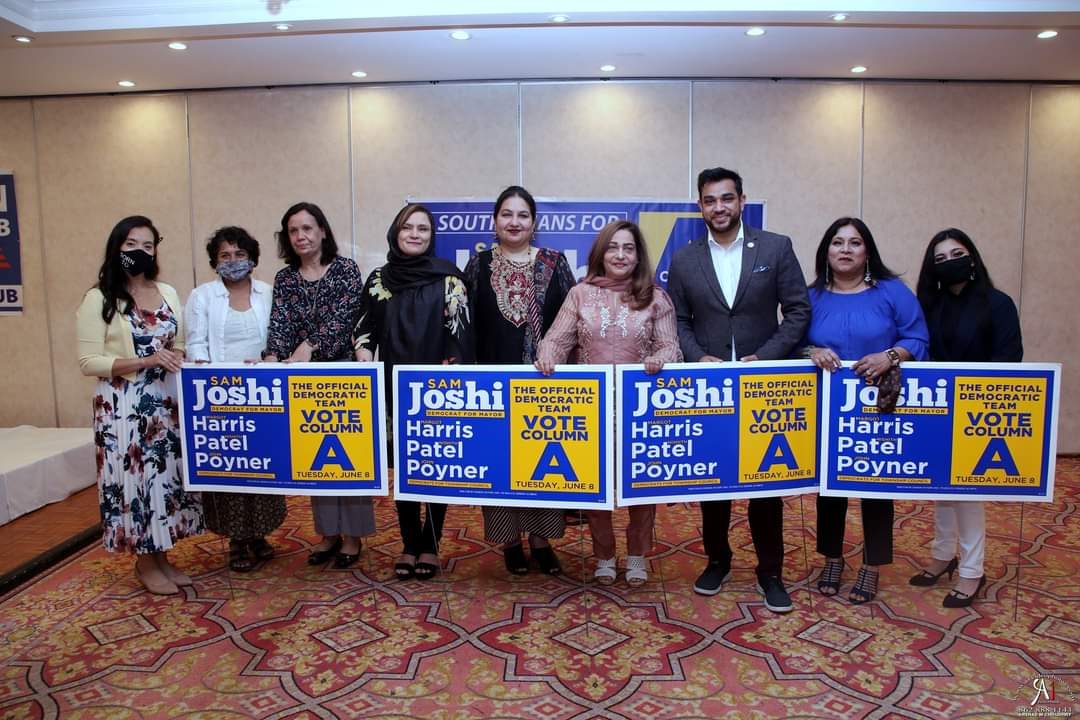Free Resource Guide on How to Prevent and Respond to Street Harassment Available to New Yorkers
Our Bureau
New York, NY
The Street Harassment Prevention Advisory Board (SHPAB), launched a citywide outreach effort to conduct a survey on the nature, prevalence, and impact of street harassment on New Yorkers. The SHPAB is co-chaired by the New York City Mayor’s Office to End Domestic and Gender-Based Violence (ENDGBV) and the New York City Commission on Gender Equity (CGE). CGE sits within the NYC Mayor’s Office of Equity (MOE). The SHPAB was established by Local Law 46 of 2022 to study and raise awareness of street harassment and to develop resources for survivors and bystanders. This survey will help the advisory board better understand how and where New Yorkers experience street harassment, identify people and communities most at risk, and understand what kind of prevention, education, and training resources city agencies, community members, and individuals can utilize to address this form of violence.
Local Law 46 defines street harassment as unwelcome, offensive, or threatening statements, gestures, or other conduct directed at individuals in public places such as streets, sidewalks, parks, and public transportation. Street harassment can be based on the person’s actual or perceived age, race, creed, color, national origin, gender, disability, sexual orientation, or any other trait, status, or condition. Street harassment can have a pronounced effect on the well-being, safety, and mental health of individuals who experience it and can create environments that limit people’s ability to move freely in public spaces.
This survey marks just the beginning of the city’s work to better understand and respond to street harassment. This version of the survey is designed to gather information from people who have experienced street harassment – not people who have caused street harassment or those who have both experienced and caused street harassment. For New York City to adequately address street harassment, the city needs to compassionately engage people who cause street harassment to better understand what motivates their actions and what support and resources they need to change their behavior. The next phase of this initiative will actively engage people who cause street harassment.
“Street harassment can have significant short- and long-term consequences for people who are victimized. Fear, anxiety, and distrust prevent people from engaging in community activities and enjoying safe, public spaces,” said New York City Mayor Eric Adams. “The survey is a major tool that will give us insights on how to develop stronger, protective measures through community engagement, policies, legislation, training, or other supports to stop street harassment across New York City. People deserve to be safe in their surroundings and communities, and the SHPAB survey and resource guide are another step to make our city safer.”
New Yorkers are encouraged to take the confidential survey, whether they have experienced or witnessed harassment, or have themselves harassed others. The survey consists of multiple-choice questions about peoples’ experiences of street harassment. The SHPAB also invites New Yorkers to read and share “End Street Harassment: A NYC Resource Guide,” an accessible, practical, comprehensive document that contains important information for New Yorkers on how they can prevent and respond to street harassment both in the moment and following an incident of harassment either as a target or as a bystander. The guide is available online and includes information on how people who have been harassed by someone can file discrimination and harassment complaints, and find supportive resources including training, educational resources, community engagement opportunities, and tips for having conversations about the issue with friends and family. The survey will be promoted widely through city agencies and community-based networks.
In partnership with community-based organizations, ENDGBV and CGE will host a citywide “Day of Action” on September 27, 2023, to engage the community, distribute resource guides, and ask New Yorkers to take the public survey.
“The Street Harassment Prevention Advisory Board is providing New Yorkers with critical resources to prevent and respond to street harassment,” said New York City Mayor’s Office to End Domestic and Gender-Based Violence Commissioner and SHPAB Co-Chair Cecile Noel. “With the launch of the city’s first-of-its-kind Street Harassment Prevention Survey, we will hear directly from New Yorkers about their experiences and how we can best stand with communities against street harassment.”
“Everyone deserves to feel safe and respected in our city’s public spaces. The SHPAB survey and resources are crucial tools in raising awareness, supporting communities, and providing us with the insights we need to take action,” said the New York City Mayor’s Office of Equity Commissioner and SHPAB Co-Chair Sideya Sherman. “Learnings from the survey will help the city develop effective training, programs, policies, campaigns, and other measures that will foster welcoming public spaces for all.”
“New York City has been on the cutting-edge of citywide solutions to street harassment since their first city council hearing in 2010,” said Mayoral Appointee and President and Co-Founder of Right to Be Emily May. “The Mayor’s Street Harassment Prevention Advisory Board is the city’s latest step in that journey and is working hard to flood the city’s agencies and people with much-needed resources to meaningfully combat street harassment without increasing criminalization. I’m honored to serve as an advisory board member.”
The Street Harassment Prevention Advisory Board (SHPAB), co-chaired by the NYC Mayor’s Office to End Domestic and Gender-Based Violence (ENDGBV) and the NYC Commission on Gender Equity (CGE), was instituted by Local Law 46 of 2022 and is made up of members from the City Commission on Human Rights, Office of Nightlife, the Department of Transportation, and mayoral, public advocate, and city council speaker appointees.
Organizations that played a large role in the creation of the Board, include the Asian American Federation, Bowen Public Affairs Consulting, Center for Anti Violence Education, Girls for Gender Equity, Make the Road – TGNCIQ Justice Project, MinKwon Center, Right to Be, Translatinx Network, Transgender Equity Consulting, VIP Mujeres, and Voces Latinas.
















